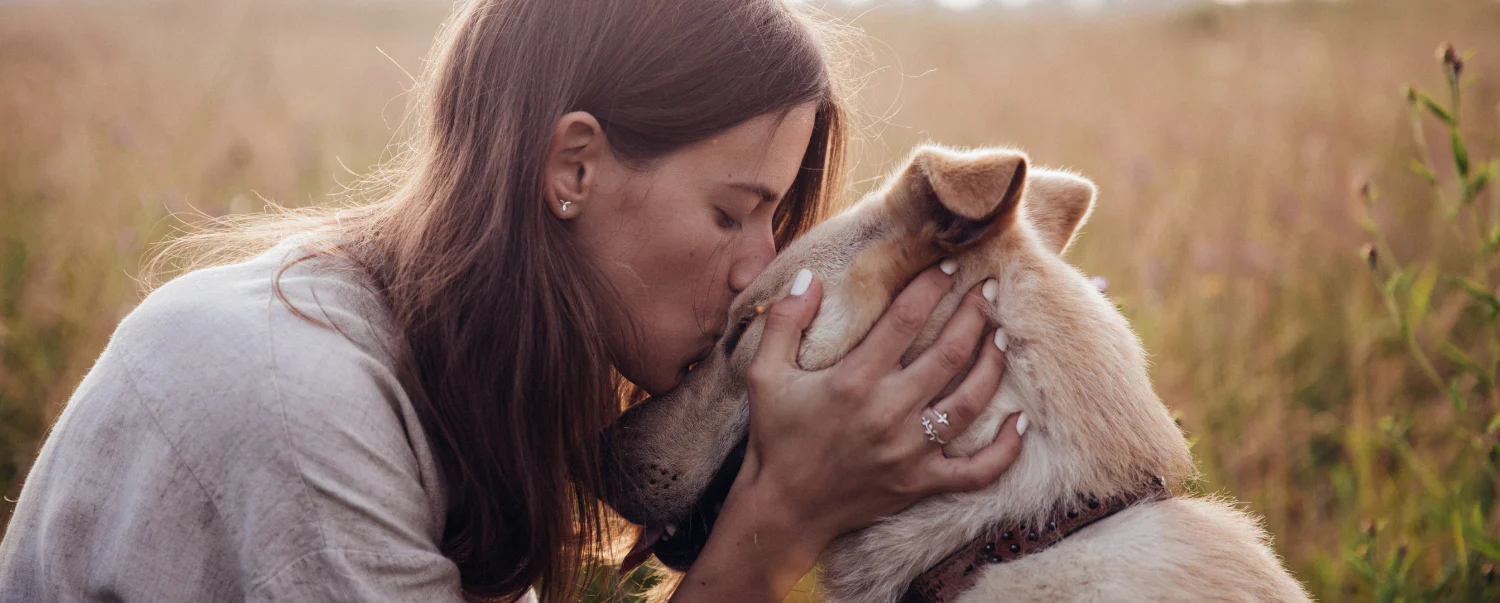Dos and Don’ts Before getting dog
Are you considering bringing a new furry friend into your home? Before you take the plunge into puppy parenthood, there are crucial things you need to know. This comprehensive guide will walk you through the essentials of preparing for and welcoming a puppy into your life. From setting up your home to understanding your new companion’s needs, this article provides valuable insights to ensure a smooth transition for both you and your pup.
1. Preparing Your Home for a Puppy
Before getting a new puppy home, it’s essential to ensure your living space is safe and suitable for their arrival. Puppies are naturally curious and may get into mischief if your home isn’t properly puppy-proofed. Start by removing any potential hazards such as toxic plants, electrical cords, or small objects that could be swallowed. Invest in a sturdy crate for containment when you can’t supervise them, and designate a comfortable area with bedding for rest. Additionally, set up food and water bowls in a quiet, accessible location.
2. Choosing the Right Breed or Breeders
When getting a puppy, whether from a breeder or a shelter, it’s crucial to research and choose the right breed or mix for your lifestyle and living situation. Consider factors such as size, energy level, grooming needs, and temperament. If opting for a breeder, ensure they prioritize the health and well-being of their dogs, and ask for references or visit the facilities. Adopting from a shelter or rescue is also a great option and gives a deserving dog a second chance at a loving home.
3. Understanding Basic Puppy Care
New dog owners need to familiarize themselves with the basics of puppy care to ensure their furry friend’s well-being. This includes regular grooming, such as brushing their coat and cleaning their ears and teeth. Puppies also require regular exercise to stay healthy and happy, but it’s essential to avoid overexertion, especially in breeds prone to joint issues. Additionally, establish a feeding schedule with high-quality puppy food appropriate for their age and size, and monitor their weight to prevent obesity.
4. Scheduling a Regular Vet Doctor’s Visit
One of the first things every new dog owner should do is schedule a vet Doctor’s visit for their puppy. This initial check-up allows the vet to assess their overall health, administer necessary vaccinations, and discuss preventive care measures such as flea and tick prevention and heartworm medication. It’s also an opportunity to address any questions or concerns you may have about your puppy’s health or behavior.
5. Introducing Your Puppy to Their New Environment
Bringing a new puppy home can be an exciting yet overwhelming experience for both you and your furry friend. To help them adjust, introduce them to their new environment gradually, starting with a small area of your home and gradually expanding their access as they become more comfortable. Provide plenty of positive reinforcement and encouragement, and avoid overwhelming them with too many new experiences at once.
6. Establishing a Routine
Dogs thrive on routine, so it’s essential to establish a consistent schedule for feeding, potty breaks, exercise, and training from the start. This helps them feel secure and reduces anxiety, making it easier for them to adapt to their new surroundings. Be patient and consistent with training, using positive reinforcement techniques such as treats and praise to reinforce desired behaviors.
7. Basic Training & Socialization
Early training and making them socialize with others are crucial for shaping your puppy’s behavior and ensuring they grow into well-adjusted adult dogs. Start with basic obedience commands such as sit, stay, and come, and gradually introduce more advanced training as they mature. Socialization is equally important, exposing your puppy to a variety of people, animals, and environments to help them develop confidence and good manners.
8. Ensuring Proper Nutrition
Proper nutrition is essential for your puppy’s growth and development, so it’s essential to feed them a balanced diet formulated for their age, size, and breed. Consult with your veterinarian to determine the best type of food and feeding schedule for your puppy, and monitor their body condition and weight regularly. Avoid feeding table scraps or human foods that may be harmful to dogs, and always provide fresh, clean water.
9. Understanding Health and Wellness Needs
In addition to regular veterinary care, it’s important to be aware of your puppy’s specific health and wellness needs. This includes staying up-to-date on vaccinations, deworming, and flea and tick prevention, as well as scheduling regular dental cleanings and check-ups. Pay attention to any changes in your puppy’s behavior or appetite, as these may indicate an underlying health issue that requires prompt attention.
10. Building a Strong Bond with Your Puppy
Building a strong bond with your puppy is essential for fostering a lifelong relationship based on trust and mutual respect. Spend quality time together engaging in activities they enjoy, such as playtime, walks, and training sessions. Be patient, understanding, and consistent in your interactions, and always prioritize their physical and emotional well-being. With time and dedication, you’ll develop a deep and rewarding bond that will last a lifetime.
Capture the essence of dog ownership with these vital insights
· Puppy-proof your home to ensure a safe environment.
· Research breeds or shelters to find the right fit for your lifestyle.
· Prioritize basic care, including grooming and exercise.
· Schedule a veterinary visit for vaccinations and preventive care.
· Introduce your puppy to their new environment gradually.
· Establish a consistent routine for feeding, training, and socialization.
· Provide a balanced diet and monitor your puppy’s health and wellness needs.
· Build a strong bond through quality time and positive reinforcement.
By following these essential tips, you’ll be well-prepared to welcome your new furry friend into your home and build a strong and fulfilling relationship together.


